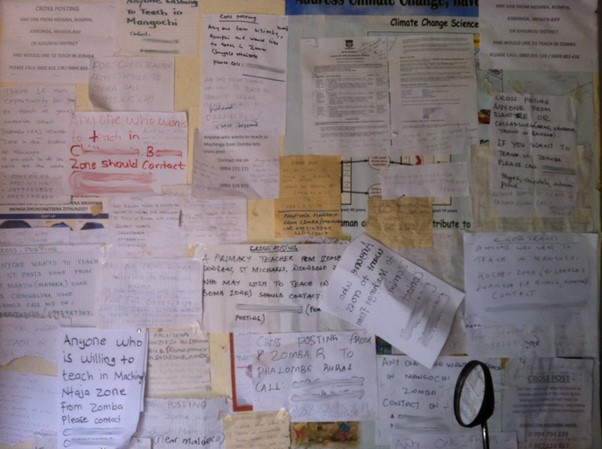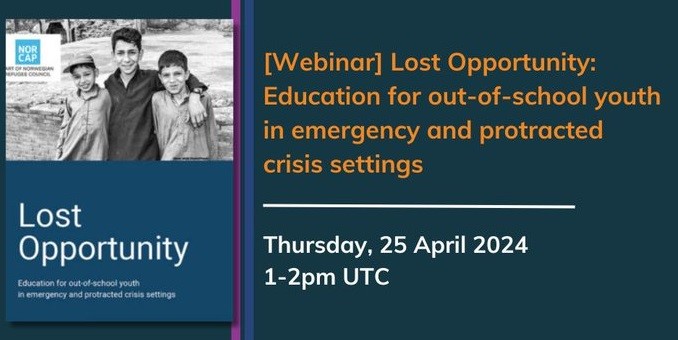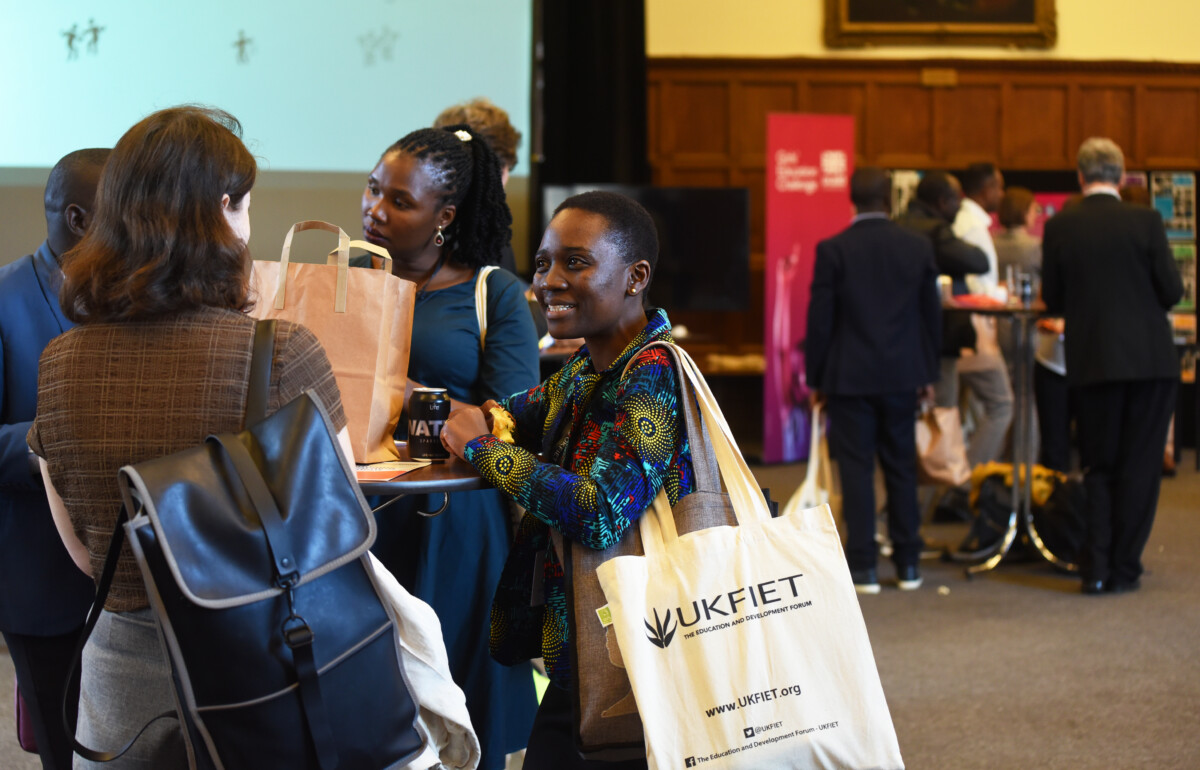
Despite Malawian government policies being aimed at reforming the persistent unequal distribution of teachers, teachers continue to be concentrated in urban areas. The objective of this research conducted by Dr Asma Zubairi aims to understand why government policies have failed, given this being an underexplored area within the empirical research.
This presentation will highlight the need to understand relationships of accountability related to teacher management, and what effect power and politics have had on these relationships. In doing so, the findings of this research contribute to an emerging field in international education that interrogates what influence politics has on service delivery.
This discussion will illustrate ways in which formal accountability relationships between teachers and education officials responsible for managing them are weakened through the informal relationships which supplant them. While previous studies relating to teacher management in Malawi have broadly quantified the inequity and inefficiency of teacher deployment, this research piece redresses what has overwhelmingly been an apolitical approach to understanding this long-standing problem.
This webinar is organised by the University of East Anglia UEA, and will be recorded.
FEATURED PRESENTERS
Asma Zubari Asma recently graduated as a PhD candidate from the University of Cambridge at the Research for Equitable Access and Learning (REAL) Center. Her PhD focused on the political economy factors affecting teacher distribution at the primary level of education in Malawi. She has 15 years of experience working on issues relating to educational policy and finance, both at an operational level and working on evidence-based educational research needed to inform policy. She worked for four years at the Ministry of Education in Malawi as an ODI-sponsored government official working on policy and budgetary issues. Her research has involved collaborating with a range of global institutions, as well as with national-level partners. Organisations she has more recently worked with or collaborated with include the Brookings Institute, Education Commission, Foreign & Commonwealth Office (FCO), Inter-agency Network for Education in Emergencies (INEE), Malala Fund, MasterCard Foundation, Sarah & Gordon Brown Foundation and UNESCO.
Pauline Rose joined Cambridge University in February 2014 as Professor of International Education, where she is Director of the Research for Equitable Access and Learning (REAL) Centre in the Faculty of Education. Prior to joining Cambridge, Pauline was Director of UNESCO’s Education for All Global Monitoring Report. Pauline is author of numerous publications on issues that examine educational policy and practice, including in relation to inequality, financing and governance, and the role of international aid. She has worked on large collaborative research programmes with teams in sub‐Saharan Africa and South Asia examining these issues. Throughout her career, she has worked closely with international aid donors and non-governmental organisations, providing evidence-based policy advice on a wide range of issues aimed at fulfilling commitments to education for all.
Catherine Jere is a Lecturer in Education and Development at the School of International Development at UEA. Her research interests centre on exploring how institutional and social barriers to education in developing country contexts are challenged and disrupted. She specialises in mixed-methods designs, participatory and transformative approaches to research. Her work includes non-formal approaches to youth literacy, inclusion and gender equality in education, school violence, and educational access and learning in communities impacted by HIV/AIDS. She has carried out research in Sub-Saharan Africa, living and working in Malawi for over a decade. Prior to joining UEA she was a researcher with the UNESCO flagship publication, the Education for All Global Monitoring Report.





